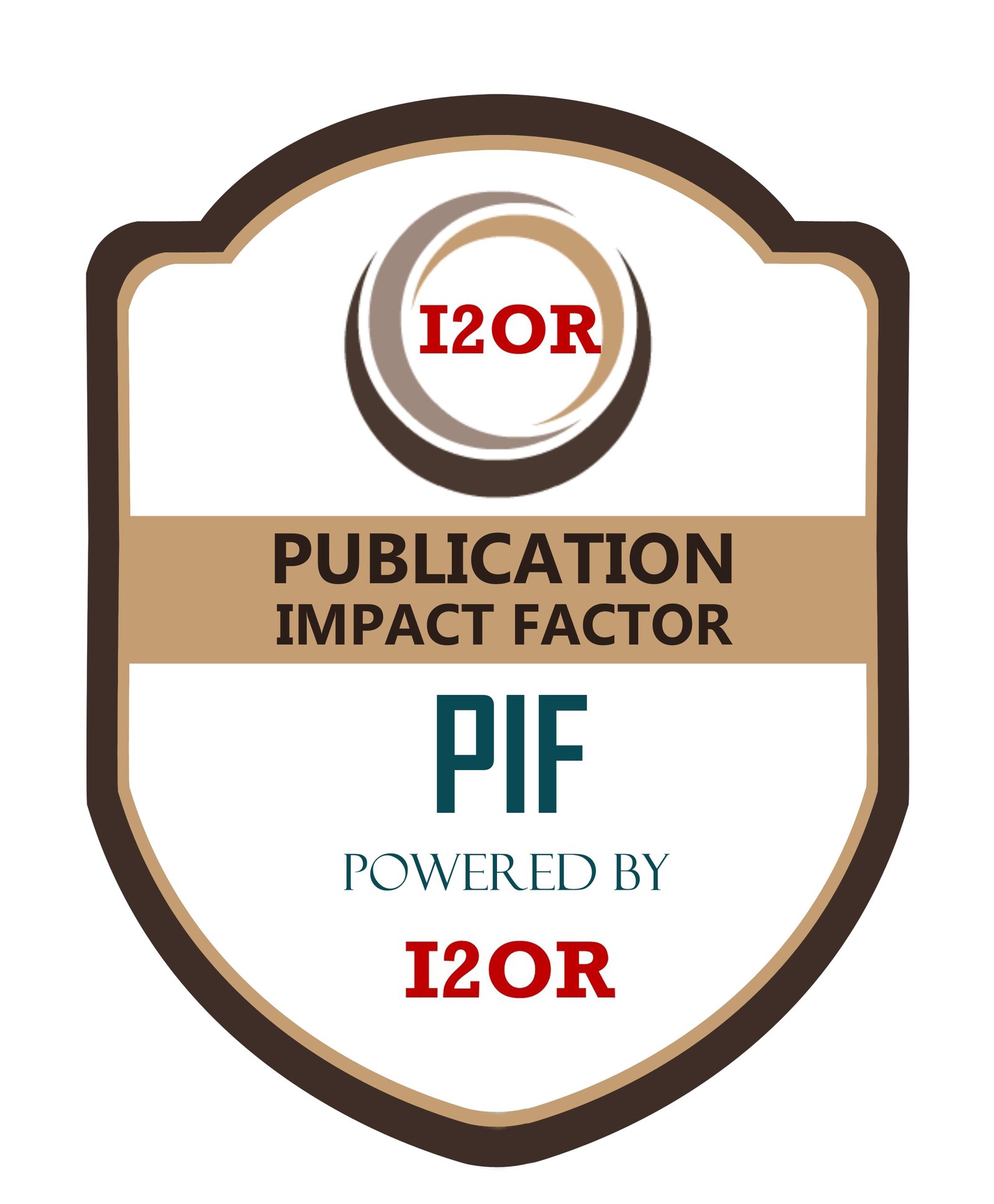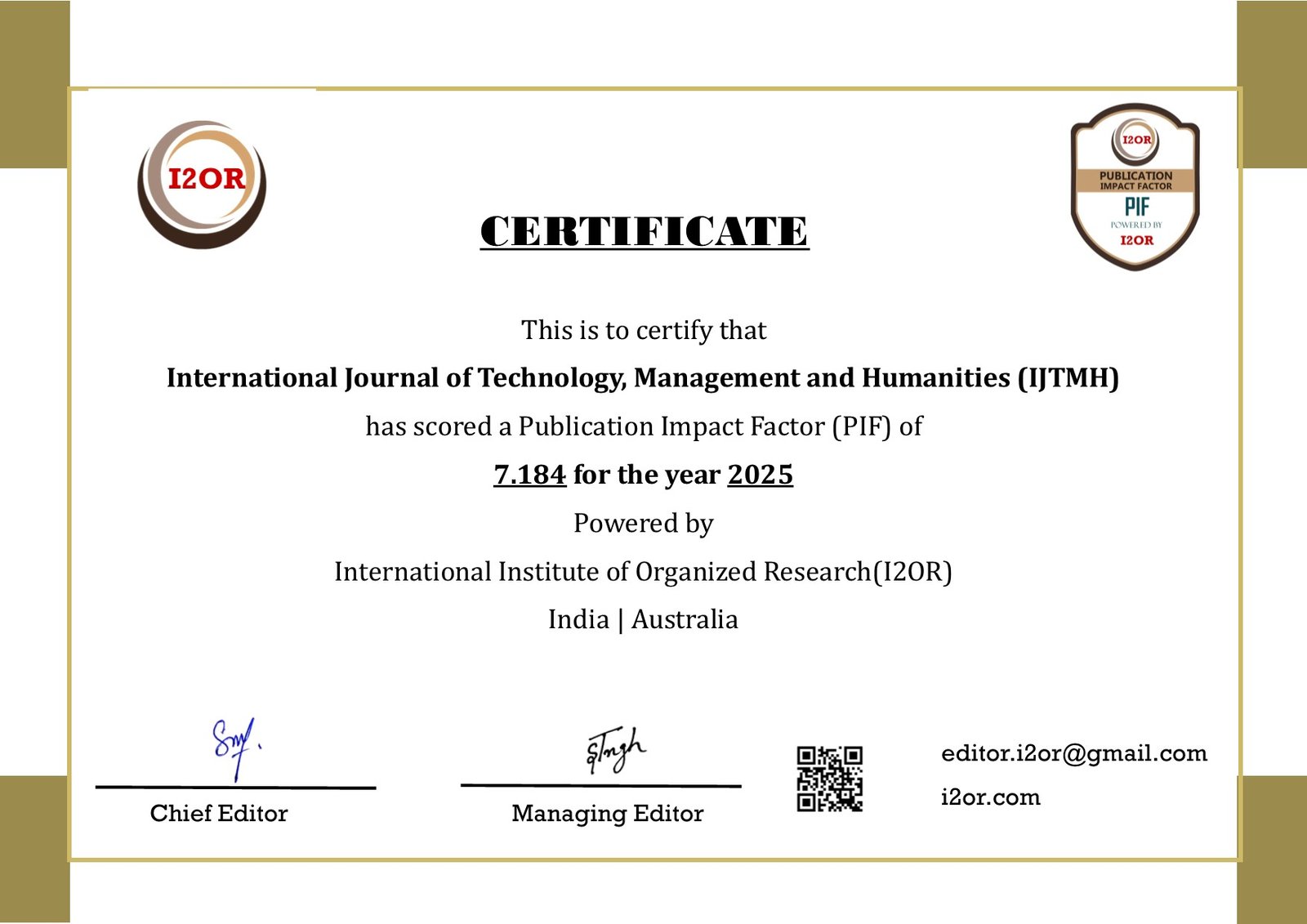Integrating Ethical Frameworks from the Humanities into Corporate Governance: A Cross-Disciplinary Approach to Responsible Leadership
DOI:
https://doi.org/10.21590/w31yd172Abstract
In an era marked by recurring corporate scandals, widening social inequalities, and ecological crises, the ethical foundations of corporate governance are under increasing scrutiny. Traditional governance frameworks, often grounded in legal compliance and shareholder primacy, have proven insufficient in addressing the complex moral dilemmas faced by contemporary business leaders. This article argues for a cross-disciplinary integration of ethical frameworks from the humanities particularly philosophy, literature, and cultural studies into corporate governance and leadership development. Drawing upon established theories such as Aristotle’s virtue ethics, Kantian deontology, and Confucian relational ethics, it explores how these traditions can enrich corporate decision-making by promoting moral imagination, empathy, and long-term responsibility.
The article further investigates the role of narrative ethics in shaping ethical corporate cultures and examines real-world cases where humanistic principles have influenced responsible leadership such as Unilever’s stakeholder-focused model under Paul Polman and Patagonia’s commitment to environmental stewardship. It identifies practical pathways for implementation, including curricular reforms in business education, the inclusion of ethical deliberation spaces in boardrooms, and interdisciplinary collaborations between corporations and humanities institutions.
Through this cross-sectoral analysis, the article contributes to ongoing debates on stakeholder capitalism, ethical leadership, and sustainability. It concludes that integrating humanities-based ethical insights into governance structures is not merely aspirational but essential for cultivating resilient, accountable, and socially attuned corporate institutions in the 21st century.







